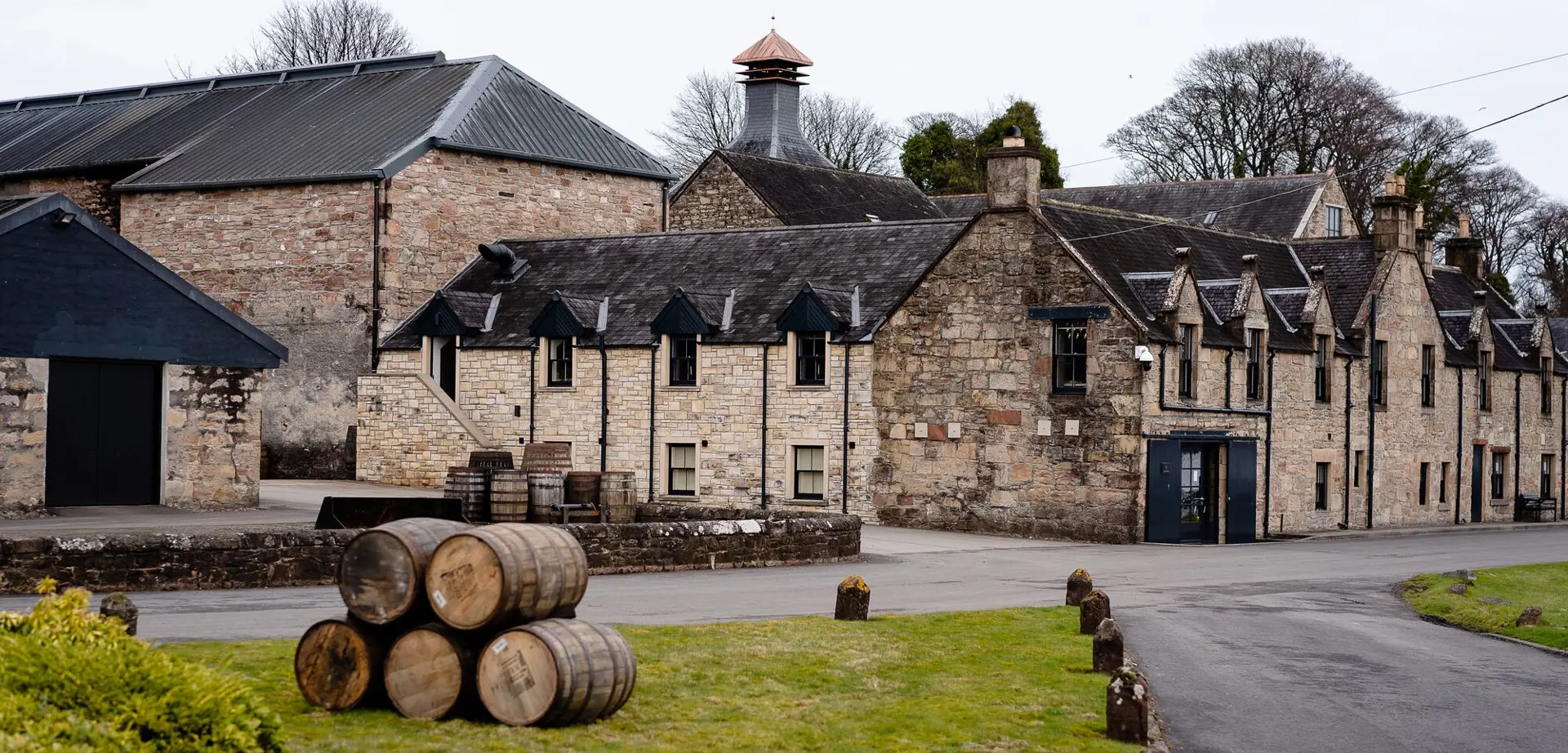Scarcity and rarity
Premium whiskies often come from limited editions or small batches, making them inherently scarce.
As demand for these rare whiskies increases, so does their investment value. Over the past 10 years, whisky prices have risen to unprecedented levels, especially those of old and rare Scotch single malt bottles.
And it’s not just rare bottle prices that have felt the effects. In July 2022, a 1975 cask of Ardbeg Islay single malt Scotch sold to a private collector for a record £16m.
Collectability and exclusivity
Investors are drawn to premium whiskies not only for their quality, but also for their collectability and exclusivity.
Unique packaging, limited releases, and special editions make these whiskies highly sought after by collectors, further driving up their investment appeal.
Global demand
The demand for premium whiskies is not limited to traditional whisky-producing regions like Scotland and Ireland.
Emerging markets, including Asia and parts of Europe, have shown a growing interest in premium whisky investment. This global demand is contributing to the upward trend in prices and desirability of whisky both at home and abroad.
Brand reputation and prestige
Established whisky brands with a reputation for quality and craftsmanship command higher prices in the market.
Investors are willing to pay a premium for these brands due to their perceived value and prestige.
Also, given the rising cost of living, and as the prices of bottled whisky increase, consumers are more likely to stick with the brands they know and love rather than being more adventurous.
This means that well-established brands such as Macallan and Dalmore will continue to gain in popularity versus the smaller or newer distilleries. Similarly, larger distilleries will be seen as a potentially safer option for whisky cask investment.
Investment diversification
As traditional investment markets become increasingly volatile, investors are turning to alternative assets classes such as whisky cask investment to diversify their portfolios.
Premium whiskies offer a tangible and potentially lucrative investment opportunity when compared to traditional financial markets.
However, while whisky is considered a long-term investment, it is important to remember two crucial factors before you invest: knowledge and experience.
At Whisky 1901, we make it our mission to connect our investors with the right whisky cask based on their unique circumstances. This includes their investment goals, budget, timelines, and risk appetite.
Cultural shifts and lifestyle trends
We are also seeing a general shift towards appreciation for craft spirits and artisan products. This is reflected in the continued year-on-year growth of the Scotch Whisky industry. Today it provides £7.1bn in gross value added (GVA) to the UK economy.
This aligns with the increasing interest in premium whiskies, not just as a drink but also as a symbol of luxury and lifestyle, further adding to their investment appeal.
Given these factors, it’s likely that the trend towards premiumisation in whisky investment will continue in the coming year as investors seek out unique and high-value opportunities in the market.
Get in touch with one of our experts to find out more about adding whisky cask investment to your portfolio.




